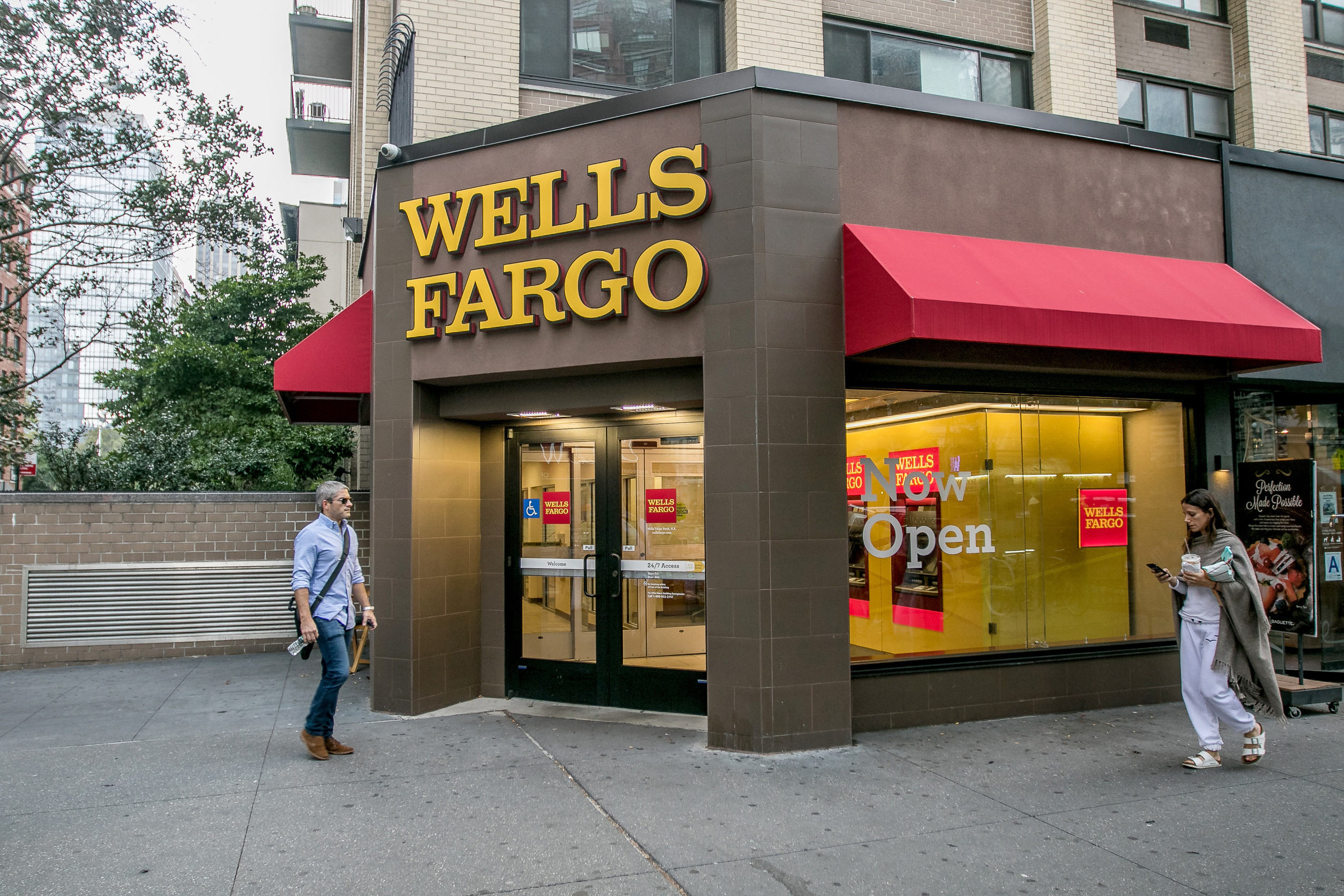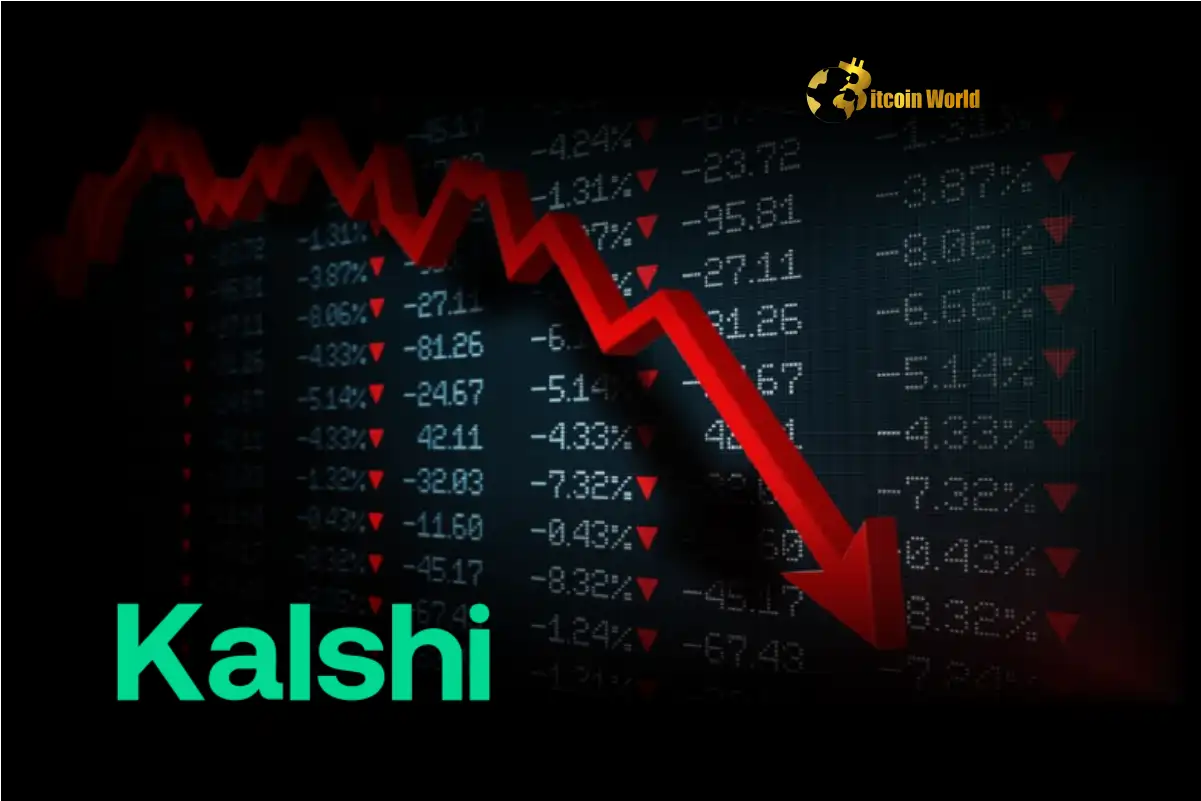 CaryptosHeadlines Media Has Launched Its Native Token CHT.
Airdrop Is Live For Everyone, Claim Instant 5000 CHT Tokens Worth Of $50 USDT.
Join the Airdrop at the official website,
CryptosHeadlinesToken.com
CaryptosHeadlines Media Has Launched Its Native Token CHT.
Airdrop Is Live For Everyone, Claim Instant 5000 CHT Tokens Worth Of $50 USDT.
Join the Airdrop at the official website,
CryptosHeadlinesToken.com
Wells Fargo & Company (NYSE: WFC) reported a robust performance for the fourth quarter of 2024, culminating in a year marked by significant progress. The company achieved a net income of $5.1 billion, translating to $1.43 per diluted share. This represents a substantial increase from the $3.4 billion, or $0.86 per share, reported in the same quarter of the previous year.
Total revenue for the quarter stood at $20.38 billion, marginally down from $20.48 billion a year ago. The decrease in revenue was attributed to changes in deposit mix and pricing, as well as lower loan balances. Despite these challenges, the company maintained a strong balance sheet with average loans of $906.4 billion and deposits of $1,353.8 billion.
WFC Reports Fourth Quarter: EPS Beat, Slightly Short on Revenue Due to 7% Decrease in NNI, Noninterest Income Up 11%
Wells Fargo’s operating segments demonstrated varied performances. Consumer Banking and Lending saw a slight decline in average loans and deposits, while Commercial Banking and Corporate and Investment Banking maintained stable loan balances.
Wealth and Investment Management experienced growth, with average loans and deposits increasing by 1% and 10%, respectively. The company’s capital strength was evident, with a Common Equity Tier 1 (CET1) ratio of 11.1%, reflecting a stable capital position. Chief Executive Officer Charlie Scharf highlighted the company’s commitment to enhancing growth and serving customers and communities effectively.
The fourth quarter results surpassed market expectations, with Wells Fargo reporting an earnings per share (EPS) of $1.43, exceeding the anticipated $1.34. However, total revenue of $20.38 billion fell slightly short of the expected $20.49 billion.
The divergence in revenue was primarily due to a 7% decrease in net interest income, driven by changes in deposit mix and pricing and the impact of lower rates on floating rate assets. Noninterest income, on the other hand, rose by 11%, fueled by improved results from venture capital investments and increased asset-based fees in Wealth and Investment Management.
The company’s noninterest expenses decreased by 12% compared to the previous year, reflecting lower Federal Deposit Insurance Corporation (FDIC) assessments and severance expenses. The provision for credit losses also saw a notable decrease of 15%, indicating stable credit trends. The quarter was positively impacted by discrete tax benefits amounting to $863 million, which contributed to the overall net income. Despite the challenges, Wells Fargo demonstrated a strong return on equity (ROE) of 11.7%, up from 7.6% in the previous year, showcasing improved profitability.
![]()
![]()
Join our Telegram group and never miss a breaking digital asset story.
WFC Optimistic About its Future Performance
Looking ahead, Wells Fargo remains optimistic about its future performance, driven by ongoing investments in core businesses and strategic initiatives. The company has made significant progress in its risk and control agenda, with the termination of a consent order by the Office of the Comptroller of the Currency (OCC) being a notable milestone. CEO Charlie Scharf expressed confidence in the company’s ability to complete the required work in its consent orders and embed a culture of operational risk and compliance.
Wells Fargo anticipates continued growth in its credit card business and increased market share in key segments. The company has also seen early benefits from enhancements to its Wells Fargo Premier offerings, which are expected to drive higher growth and returns over time. The focus on transforming the company and building momentum is expected to yield positive financial results in the coming quarters. Scharf emphasized the importance of maintaining a strong balance sheet and returning capital to shareholders, with approximately $25 billion returned in 2024.
Disclaimer: The author does not hold or have a position in any securities discussed in the article. All stock prices were quoted at the time of writing.
About the author
Tim Fries is the cofounder of The Tokenist. He has a B. Sc. in Mechanical Engineering from the University of Michigan, and an MBA from the University of Chicago Booth School of Business. Tim served as a Senior Associate on the investment team at RW Baird’s US Private Equity division, and is also the co-founder of Protective Technologies Capital, an investment firm specializing in sensing, protection and control solutions.













